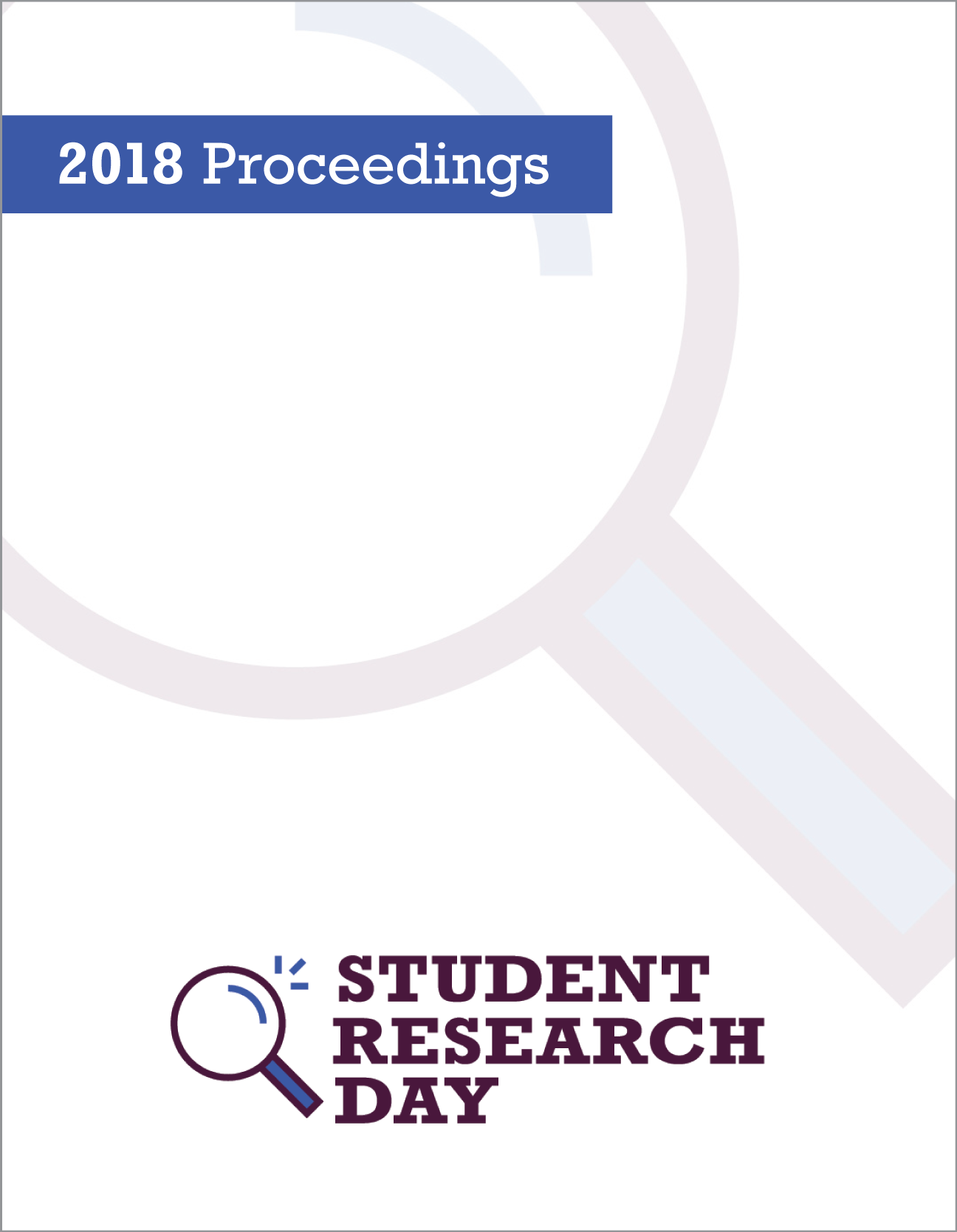The Effects of Cannabis on Cognitive Functioning
Abstract
As the perceived risk associated with cannabis use is decreasing, the rise of the number of people trying cannabis and becoming regular users is increasing. Furthermore, as Canadian law makers are currently in the process of legalizing cannabis, it is crucial to gain a greater understanding of both the immediate and long-term effects associated with cannabis use. There is clear evidence that the intoxicating effects of cannabis include impairment of cognitive abilities. The duration of the acquired deficits is unclear, however, and the evidence implicating harmful effects to brain structure is ambiguous. Several methodological challenges will need to be addressed to empirically address these important gaps in our knowledge about cannabis. The present review considers reports from investigations of cannabis effects on verbal learning and memory, premorbid intellect, and spatial working memory as measured by the Rey Auditory Verbal Learning Test (RAVLT), WAIS-IV/WASI-III Vocabulary Subtest, and WAIS-IV Spatial Span Task, respectively. Variability in prior results may relate to methodological differences that include sample age or exposure to cannabis (dose, frequency, duration). A lack of consensus on the most appropriate cognitive measures also limits cross-study comparison. As such, it is imperative for research to use the most effective methods to study the potential effects cannabis has on cognition. With the upcoming legalization of cannabis it is urgent to better understand the effects of cannabis use; whether beneficial, harmful, or non-existent.
Discipline: Psychology (Honours)
Faculty Mentor: Dr. Alexander Penney
References
Published
Issue
Section
License
Authors retain any and all existing copyright to works contributed to these proceedings.



